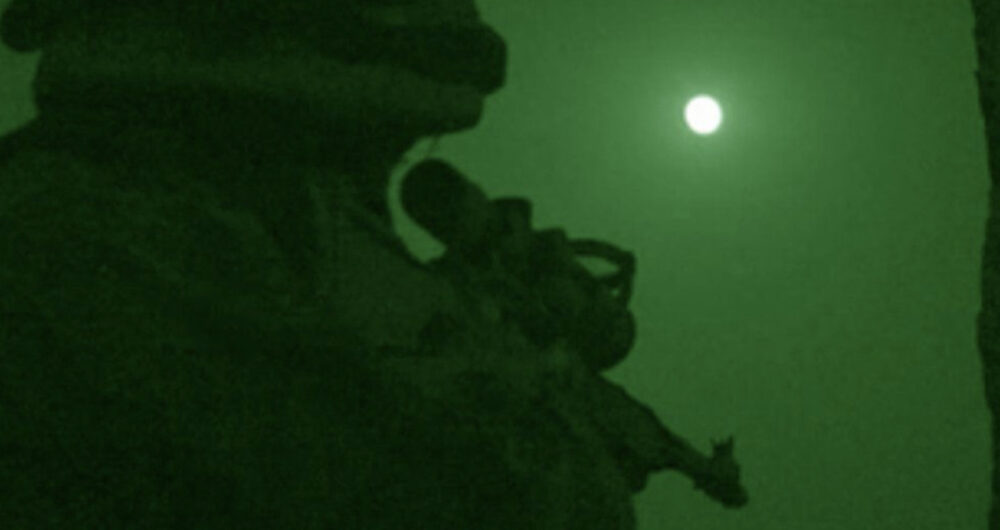Senior military officers buried evidence that British troops were executing detainees in Afghanistan, the High Court has been told, according to the BBC.
Ministry of Defence documents reveal UK Special Forces officers suspected their men were killing unarmed Afghans who posed no threat.
They also show the allegations were kept secret and not reported to the Royal Military Police (RMP).
The MoD says the evidence is not new and has already been investigated.
The court case follows a 2019 investigation by BBC Panorama and the Sunday Times that raised allegations of unlawful killings by special forces during the war in Afghanistan.
The High Court is considering whether the allegations were investigated properly by the armed forces.
The man bringing the case, Saifullah, claims four members of his family were assassinated in the early hours of 16 February 2011.
His lawyers were asking the court to order the defence secretary to release more documents before a full judicial review hearing.
Documents already disclosed were presented to the court. They showed nine Afghan men were killed in a raid on 7 February 2011 and eight more were killed by the same special forces assault team two days later.
More than a dozen detainees were killed after they were taken back into buildings to help search them. British troops claimed they were forced to shoot them after they reached for hidden weapons.
The documents show that in one email, a British lieutenant colonel expressed disbelief at the official accounts.
He said it was “quite incredible” the number of prisoners who decided to grab weapons after being sent back into a building.
A fellow officer replied: “I find it depressing it has come to this. Ultimately a massive failure of leadership.”
A week later, the four members of Saifullah’s family were shot dead in similar circumstances by the same special forces assault team.
The documents show the killings were described as “astonishing” by a senior officer.




